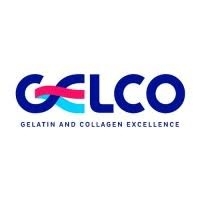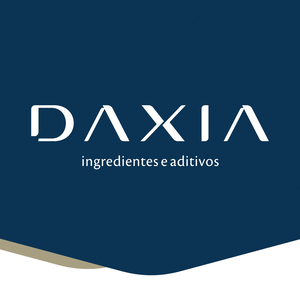Cargill-Brenntag partnership explores global shifts in attitudes toward cocoa
Following Brenntag Food & Nutrition being appointed as the sole distribution partner for Cargill’s industrial cocoa and chocolate portfolio, speaks to the companies’ executives about the new deal. They detail how they are exploring global shifts in consumer attitudes and behaviors via four macro trends, which have been identified through work with research partners. Cargill is now leveraging an expanded distribution network in the UK and Ireland, thanks to the latest agreement.
“Brenntag Food & Nutrition has a wealth of knowledge and industry experience across all sub-sectors of food and beverage product applications. The addition of Cargill’s Cocoa and Chocolate products to our portfolio will complement existing ingredients and increase the possibilities for our customers. Health and wellbeing are at the forefront of current developments however consumers also desire premiumization and indulgence,” Simon Godden, Specialist Cocoa and Chocolate Food & Nutrition at Brenntag UK & Ireland, tells.
“Calorie control, encompassing the challenges of fat and sugar reduction without adversely affecting taste, is a familiar area for our food technologists using their expert knowledge and working closely with our customers, often at our UK Food Application & Development Centre in Widnes,” he adds.
Ilco Kwast, EMEA Sales & Marketing Director of Cocoa & Chocolate at Cargill, goes into detail about the company’s identified macro trends for this year, explaining, “The first macro trend is ‘Healthy for Me.’ Consumers are thinking about health in a more holistic way – trying to achieve balance across all aspects of their lives. They’re open to new ways of taking care of their body and mind. Access to information allows them to take a more proactive role and to drive toward individualized solutions.”
“Conscious Consumption” is the second macro trend identified by Cargill. “People see their product choices as a reflection of who they are and what they value. They want to see the issues they care about acknowledged in the brands and products they buy. But it’s more than that – this trend also involves consumer rejection of brands that do not reflect their values,” Kwast highlights.
Cargill’s third trend is coined “Experience It.” “Consumers have a lot of product choices these days, and they have high expectations. They want to be surprised and delighted, and no product is too small to have a large experiential impact,” says Kwast.
“Our final trend is ‘Simplify my Life.’ Consumers are open to new ways of streamlining their lives, but at the same time they don’t want to make compromises. Technology plays an important role by adding a layer of simplification but can also bring heightened expectations around continuous connectedness,” concludes Kwast.
The Cargill-Brenntag partnership enables the distribution in the UK and Ireland Cargill’s extensive portfolio including chocolate, coatings and fillings, cocoa butter, cocoa liquor and the Cargill Gerkens powder brand. This agreement also covers starches, sweeteners and texturizing systems.
Cocoa supply chain hurdles
The cocoa industry faces a variety of environmental and socio-economic challenges. Taco Terheijden, Group Director Sustainability of Cocoa & Chocolate at Cargill, tells FoodIngredientsFirst, “Most of the world’s cocoa is grown by between six and seven million smallholder farmers, with over 70 percent of the world’s cocoa produced in Ghana and the Ivory Coast.”
“Many farmers are struggling with aging low-productive trees, and have limited access to the infrastructure, training and finance they need to invest in their farms and run a successful business,” he adds.
Cocoa is a vulnerable crop – weather, age of trees, pests and diseases, land competition, farming standards and poverty can all influence the quality and quantity of supply. “In this context, we need to work hard together to make sure farming is sufficiently attractive to be a viable rewarding choice – so that cocoa demand and supplies are well balanced for the future,” asserts Terheijden.
Eco-conscious and traceable supply chains are increasingly expected of industry players, both small and large. Innova Market Insights research indicates that on average 85 percent of US and UK consumers expected companies to invest in sustainability in 2019, up from 64 percent in 2018. The market researcher ranked “The Sustain Domain” as its third top trend for 2020.































